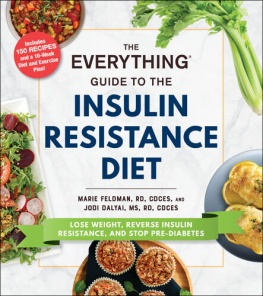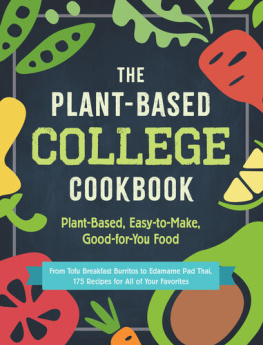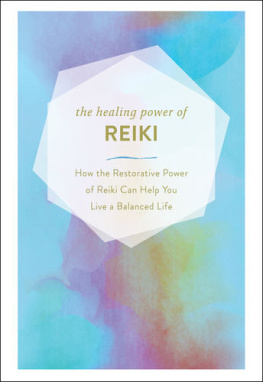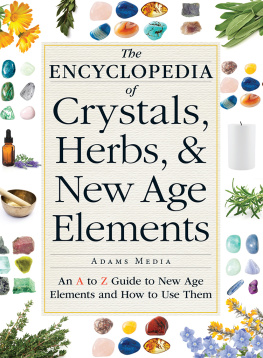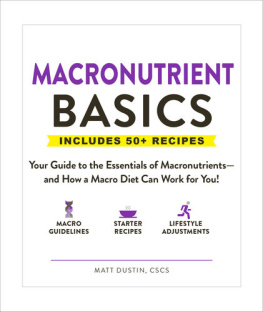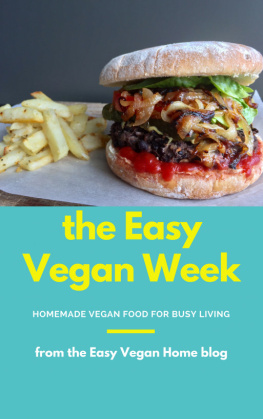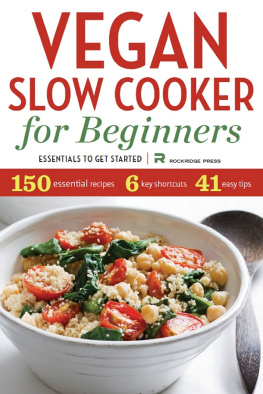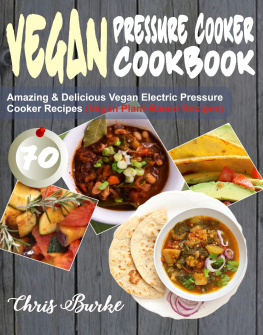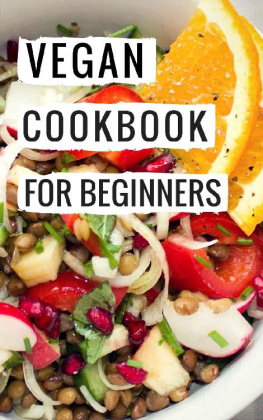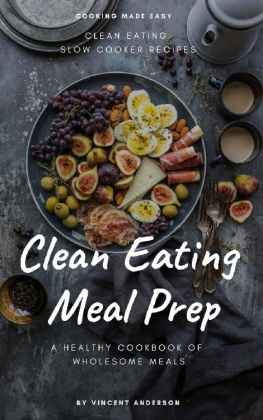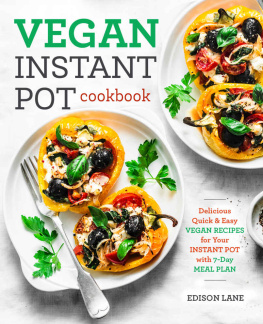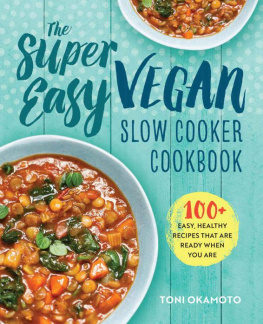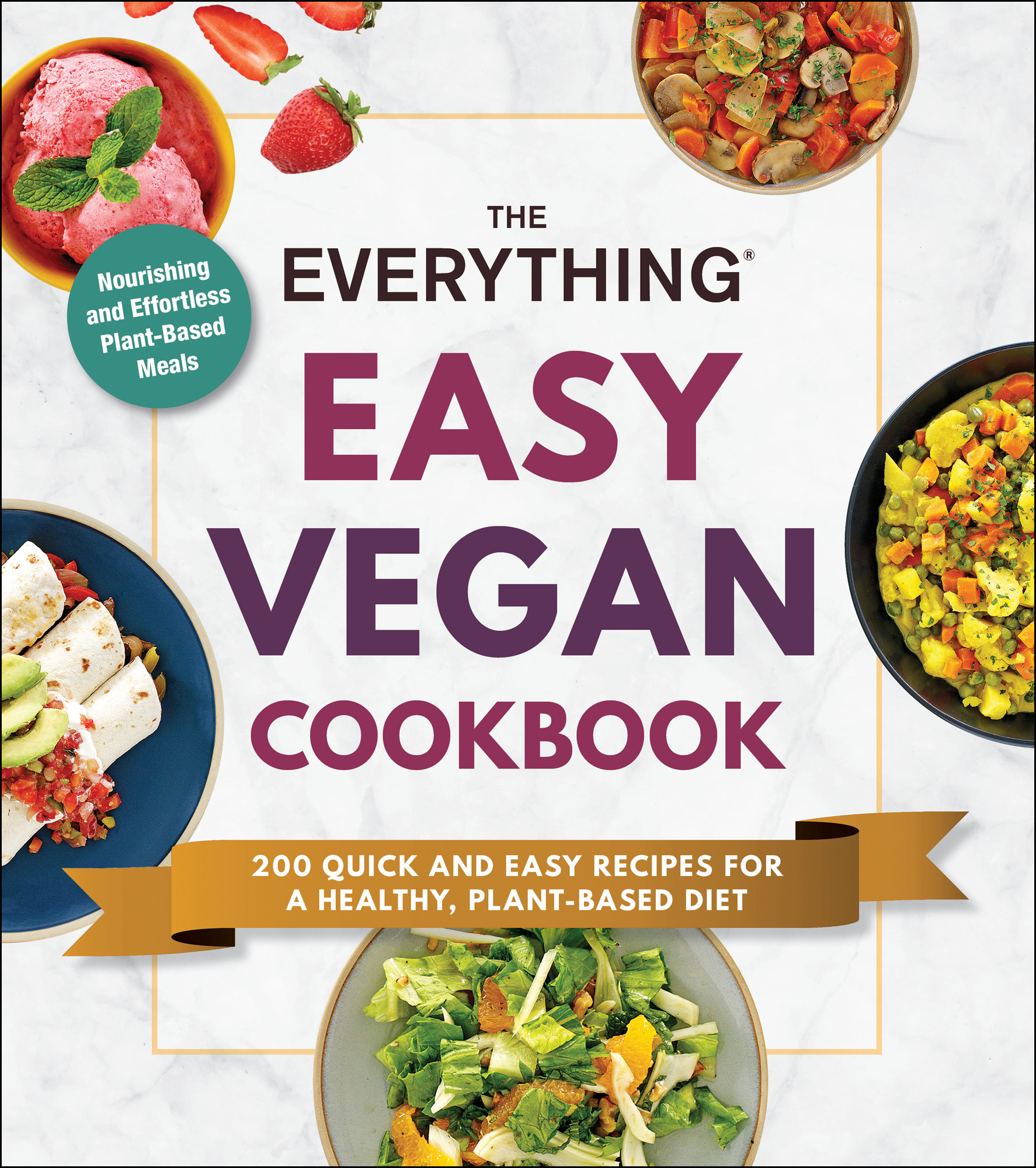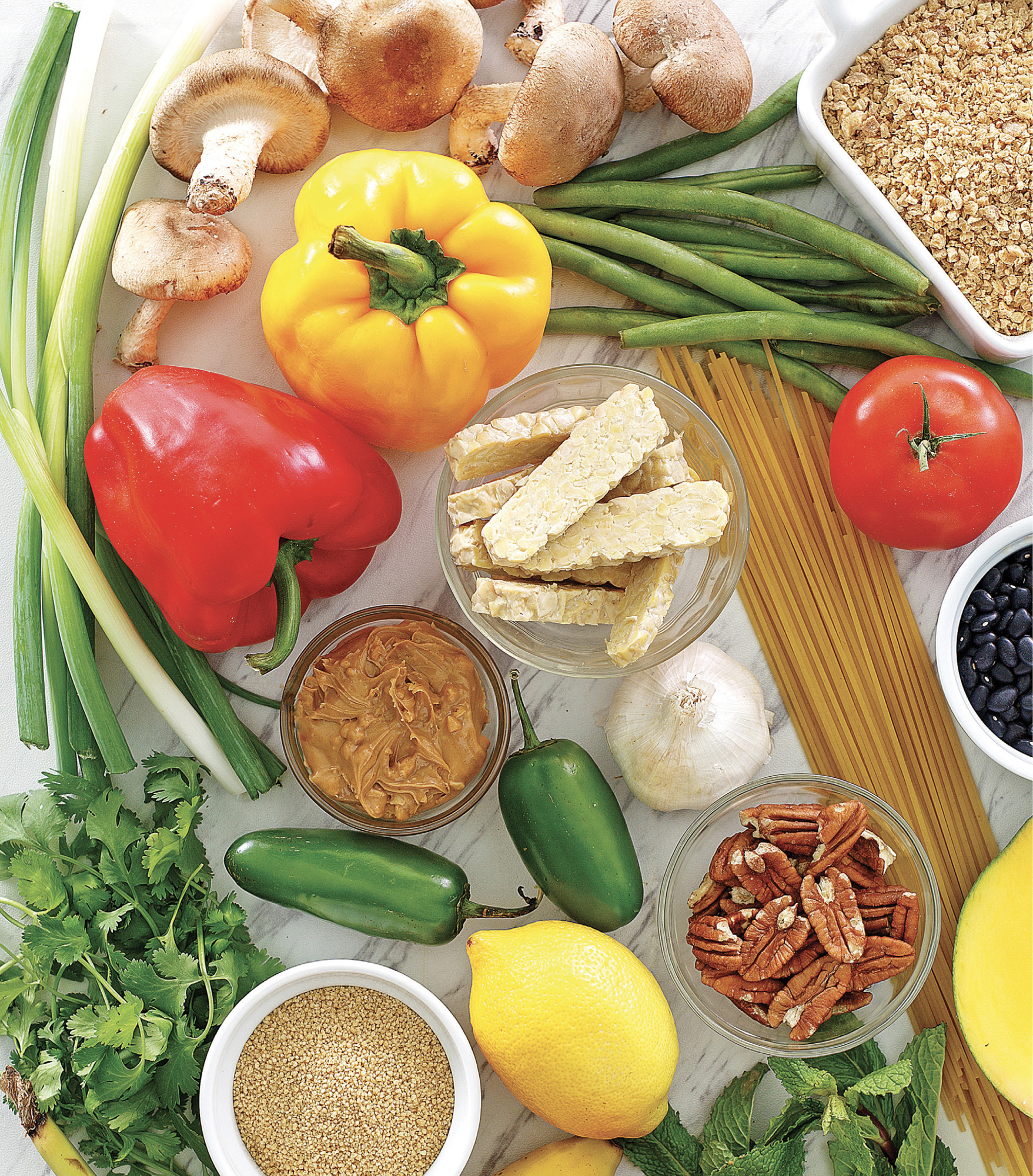Contents
Guide
Welcome to the Everything Series!
These handy, accessible books give you all you need to tackle a difficult project, gain a new hobby, comprehend a fascinating topic, prepare for an exam, or even brush up on something you learned back in school but have since forgotten.
You can choose to read an Everything book from cover to cover or just pick out the information you want from our four useful boxes: Questions, Facts, Alerts, and Essentials. We give you everything you need to know on the subject, but throw in a lot of fun stuff along the way too.
question
Answers to common questions.
alert
Urgent warnings.
fact
Important snippets of information.
essential
Quick handy tips.
We now have more than 600 Everything books in print, spanning such wide-ranging categories as cooking, health, parenting, personal finance, wedding planning, word puzzles, and so much more. When youre done reading them all, you can finally say you know Everything!
PUBLISHER Karen Cooper
MANAGING EDITOR Lisa Laing
COPY CHIEF Casey Ebert
PRODUCTION EDITOR Jo-Anne Duhamel
ACQUISITIONS EDITOR Lisa Laing
DEVELOPMENT EDITOR Lisa Laing
EVERYTHING SERIES COVER DESIGNER Erin Alexander
Introduction
People come to veganism for a variety of different reasons. Maybe youve been experimenting with vegetarianism or a plant-based diet to improve your health and want to take it a step further. Perhaps youre concerned about the toll meat production takes on the environment. Or you may want to avoid harming animals. Whatever your reason, youve come to the right place.
Whether youre a total newbie to the plant-based scene or someone who has been living the vegan lifestyle for years, The Everything Easy Vegan Cookbook is here to guide you. The recipes in this book are designed to give you the opportunity to explore the many sides of vegan cooking. Start simply, with tofu breakfast scrambles or easy-to-assemble salads. Learn the basics of putting together a vegan soup, then experiment with a different combination of ingredients each time you make it. Try your hand at making nondairy milks, nut butters, or seitan from scratch. While the recipes are varied, they all have one thing in commontheyre easy to make, and most of them are ready in 45 minutes or less.
A vegan diet has many health benefits. Eating vegan cuts out sources of LDL (or bad) cholesterol and can lower your blood pressure, leading to better heart health. Veganism is also associated with a reduced risk of diabetes. Avoiding animal-based proteins can reduce the risk of some cancers as well. You may lose weight when you increase the number of whole foods you eat (like fruits, vegetables, whole grains, beans, and legumes) and reduce the amount of processed foods.
But dont worryyou wont feel deprived! Vegan cooking is all about showcasing and enhancing the wonderful variety of plant-based ingredients out there. Think sun-ripened tomatoes and juicy peaches, satisfying bean and grain bowls, and fresh, crunchy salads. And when you have a craving for a cheesy pasta bake or rich chocolate dessert, weve got you covered on that front too!
Read on to discover all you need to know about veganism and how to prepare hundreds of healthy, vibrant, and delicious dishes for any time of day. From (Chapter 12), your new favorite recipes are waiting. Lets get started!
CHAPTER 1 The Vegan Revolution
I f youre looking to eat healthier and feel better, veganism is the diet for you. Its true that there are restrictions with the vegan dietbut there are also a lot of benefits! Veganism is not just a diet, and not just the food on your plate. Its a method of preventive medicine, an active stance against environmental waste, and a boycott against animal cruelty. One small bite for you is one giant leap toward a healthier planet and a healthier body.
What Do Vegans Eat?
Eating a vegan diet essentially means that you dont consume products made from animals. Vegans dont eat meat, eggs, dairy, or other animal products, including honey. They also avoid animal by-products, such as gelatin.
fact
Gelatin is a protein derived from the skin, cartilage, and/or bones of animals. That means any product that uses gelatin, such as marshmallows, is not considered vegan. However, more and more companies are removing gelatin from their products, so check labels as you shop. There are also great plant-based alternatives to gelatin, such as agar-agar, which is derived from red algae.
Thats a lot to take in. No ice cream? No scrambled eggs for breakfast? No sausage or pulled pork? No buttery biscuits with creamy gravy? This diet seems like a boring, restricted lifestyle. However, imagine this scenario: You sit down to a plate with a pulled pork barbecue sandwich and sides of French fries, coleslaw, and grilled corn on the cob. Afterward you enjoy a slice of chocolate layer cake with chocolate frosting and a scoop or two of ice cream. Does this sound like deprivation? No! And heres the kicker: Its all vegan.
Vegans eat mostly whole foods (fruits, vegetables, beans, nuts, grains) and dairy- and egg-free versions of traditional favorites (cheeseless pizza, bean burritos minus the cheese). Vegans enjoy hundreds of vegan substitute products, including nondairy cream cheese, beef jerky, and vegan white chocolate.
question
Can I eat?
Of course you can! Vegans can eat anything, but choose not to eat certain foods. When thinking about what to include and exclude in your diet, consider your reasons and values for choosing a vegan diet. Does eating a particular food align or conflict with these values? Whatever your diet may be, stick with your personal values and goals rather than dictionary definitions.
Vegan food has come a long way in recent years. While it was once a difficult undertaking to obtain vegan foods, theyre now available in grocery stores and restaurants everywhere. Just about every comfort food has a vegan version. Each of the dozens of common substitutes, such as nondairy milk and vegan meats and cheeses, has its own texture and taste. The quality of vegan food products is much higher, too, which makes it tastier and easier than ever to go vegan!
Why Eat Vegan?
Ask a hundred vegans why they pass on animal foods and you may get a hundred different answers. Some do it for their health, for religious reasons, or to reduce animal suffering. Of course, being kind to our furry, feathery, and scaly friends is a big reason for eating vegan, but there are many other benefits, from helping the planet to preventing disease.
Its Good for the Environment
Every day you enjoy a vegan diet, you are saving over 1,000 gallons of water and over 30 square feet of forested land. Plants grow naturally with soil and sunshine, but animals require foodand a lot of it. The meat industry uses a lot more resources, like water, grains, and land, to produce less food when compared to the production of plant-based items like rice, beans, and vegetables. The waste emitted from meat production is also one of the largest contributors to global warming. In fact, the UN estimates that about 20 percent of all greenhouse gases comes from the food animal industry. By eliminating meat from your diet, youre reducing your carbon footprint and saving tons of environmental resources!

